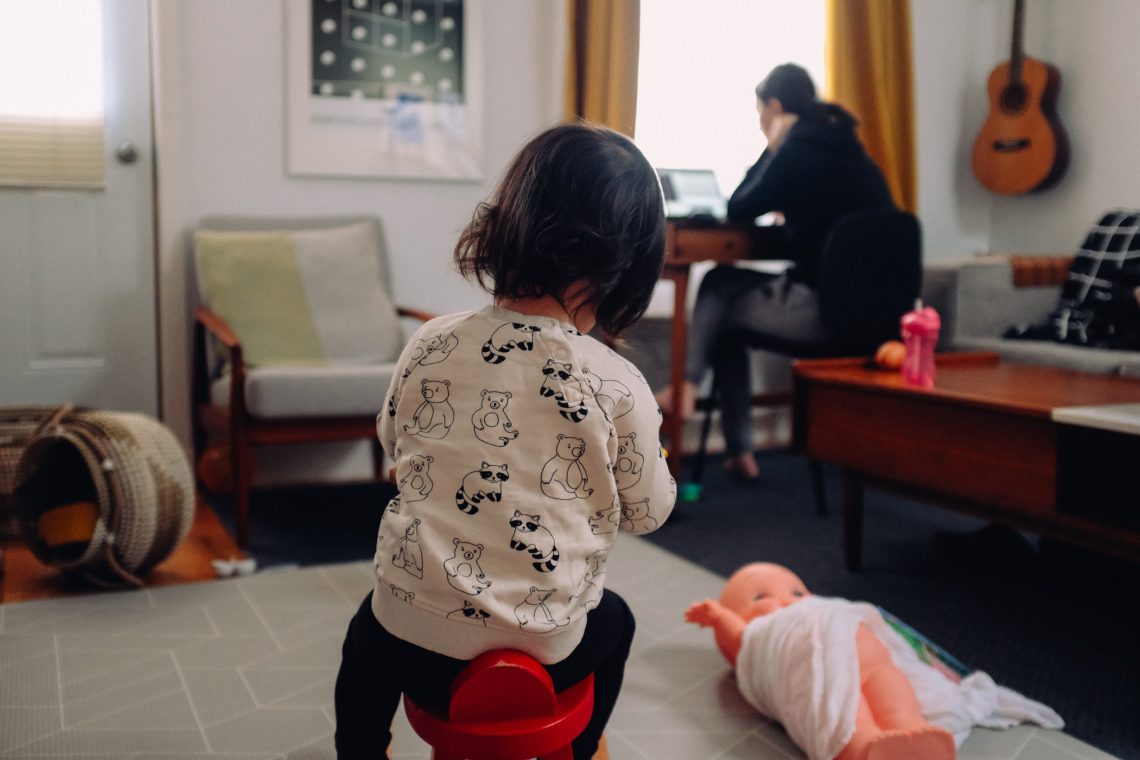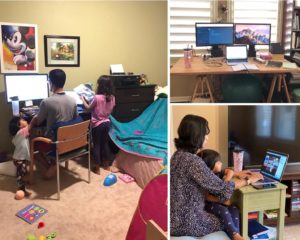
COVID-19 Amplified The Working Parents’ Struggles: What Can We Learn?
This pandemic has exposed the vulnerability in every system, both large and small. Working parents with young children are one example. Three key points came up from the parents’ and thought leaders’ messages lately.
- Parenting should be a societal priority, not only the parents’ problem.
- Risk of burnouts, mental health issues are more eminent than ever.
- Work culture needs a rehaul in both organizational and personal levels.
Parenting should be a societal priority, not just the parents’ problem.
Three things lockdowns have exposed about working and parenting:
- Parenting happens at all hours,
- Parents can’t do it alone,
- Raising children is not just a personal choice.
The United States has always resisted the idea that taxpayers should support two working parents. There are no federal benefits like paid parental leave or public child care. But some researchers argue that because children are future taxpayers — and future doctors, teachers, and firefighters — parents are contributing to society by raising them. (NYTimes article)

A mom and an Engineer shared her experience on a 3k member Facebook group for Engineering Moms:
“… many at work don’t understand the demands of parenthood for very young children. Some had stay-at-home spouses, some never had kids; for some, it was so long ago they don’t remember. Employers should provide a different type of support and work environment for employees in this phase of life. I was told that there are weekends in which to get my hours in, but I’d like to point out that I have my 2YO then too.”
Another article mentioned:
“I’m worried that if schools and camps are closed until September, I’ll need to take a leave of absence from my job. My kids have been pretty good sports so far, but I’m not sure I can justifiably put their needs on the back burner for months on end. I know some parents have already made this choice. Others are bringing in babysitters, or considering potentially risky childcare swaps with other families because doing it all by yourself just isn’t possible.”
Risk of burnouts, mental health issues are more eminent than ever.
This article by Chole Cooney, The Parents Are Not All Right, got 25K claps and 200+ retweets. She eloquently pointed out the risk —
“… unless we step back and redefine where the burden of responsibility lies in providing care for our most vulnerable and reprioritize what work matters, we are going to emerge from this pandemic with some of our most powerful forces — parents and young people — not up for the task of rebuilding a better future.”.
Sheryl Sandburg gave some guidance to leaders and employers to address this.
- Move any deadline that can be moved
- Take a second look at targets set before the pandemic
- Rethink the timing of performance reviews, and
- Remove low-priority items from the to-do list.
Work culture needs a rehaul: 8-hour workday, Remote Work, and productivity.
For modern knowledge workers, an 8-hour workday has become obsolete. Our brain functions in spurts of high energy (roughly an hour), followed by spurts of low energy (15–20 minutes). We now have a unique opportunity to experiment with this burst mode of productivity.
Work from home or remote work has not been in the mainstream until the quarantine forced us to do so. One working parent mentioned :
“The fact that 80% of the company is very productive right now shows them that WFH is an excellent idea. They are also saving a good chunk of money by us not being in the office. Still, many companies realize that people don’t need to be in the office to be productive. After this is over, I am hoping to be able to WFH , which will make my work/life balance better.”
We have to rethink how we define work and productivity at both the macro and micro levels. Leading organizations in the US are giving unlimited vacation time and ample parental leaves. It overlooks one fact that adults who are in a socialized mind may not have the perspective to design a customized work-life rhythm on their own. When the societal expectation is one way, very few have the maturity to do it otherwise. Organizational leaders have a responsibility to provide clear guidance and lead by example.
Are you a leader in the High-tech? Are you a High Performing individual? Ready to take your career to the next level? Want to get in touch with your passion? I am an executive coach with a background in technology. Send me a note to claim your 30-min phone session free of charge. – Sharmin
Related post:

icp4 SURVEY: EMPLOYERS ARE TURNING TO "EXTREME FLEXING" TO SUPPORT WORKING PARENTS Feature image by Charles Deluvio of UnSplash




